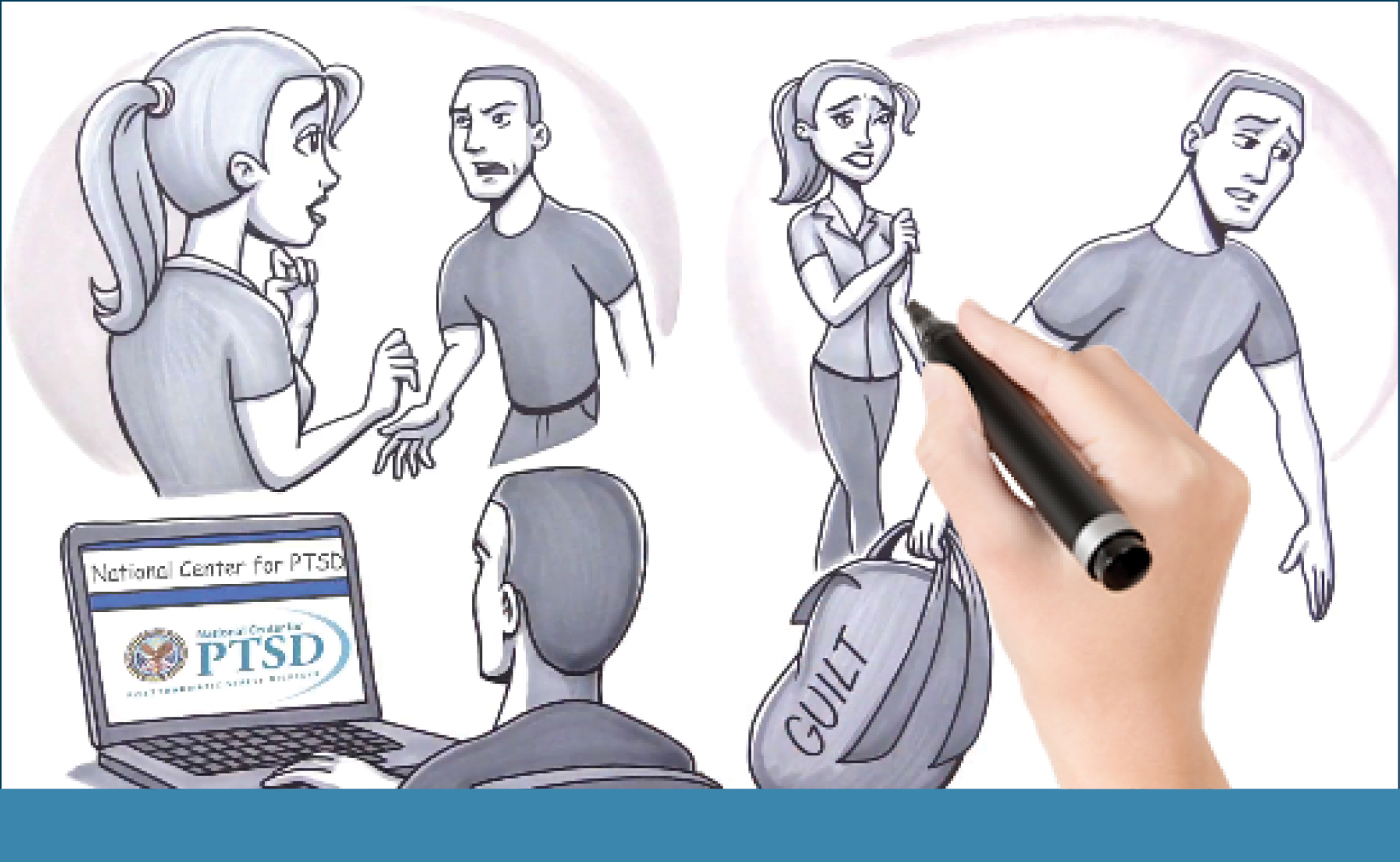PTSD: National Center for PTSD
Sexual Assault in Adults
Sexual Assault in Adults
Available en Español
Sexual assault can happen to anyone. It is a crime that is all too common and can have long-lasting effects. Learn about sexual assault in adults, including facts that counter false beliefs about it.
Reading time: minutes
What is sexual assault?
Sexual assault is any type of sexual activity that takes place against the will of a person involved. It can include things like being grabbed or touched, as well as intercourse, being forced to perform sex acts, oral, or anal sex. All kinds of people can suffer sexual assault, no matter their sex, sexual orientation, race, ethnicity, or age. This article is about sexual assault in adults. To read about sexual assault in children, go to Sexual Abuse of Children. To read about sexual assault of service members specifically, go to Military Sexual Trauma.
How many people are sexually assaulted?
It is difficult to say how many people are sexually assaulted. For example, assaults may not be reported because people who have been assaulted want to avoid thinking about the experience, fear they will be hurt further by their abusers if they speak up about the event, or do not trust police or other authorities. So, there may be many more assaults than we know about. Studies of sexual assault may have different definitions of what assault is, or who they ask, which can also affect rates. We do have some information, however. A large survey called the National Intimate Partner and Sexual Violence Survey (NISVS) reports that about 4 out of 10 women and 1 out of 4 men have experienced some kind of sexual violence in their lifetime. Research suggests that the rates are much higher in the LGBTQ+ community and in people of color. For example, almost half of the people who responded to the 2015 U.S. Transgender Survey said they had been sexually assaulted.
Who commits sexual assault?
Most sexual assaults are committed by someone the assaulted person knows. This could be a family member -- including a spouse -- a friend, romantic partner, neighbor, coworker, or supervisor. They might use physical force, threats, or bribery. The perpetrator may emotionally manipulate the person or take advantage of someone who is asleep, drugged, unconscious, or under the influence of drugs or alcohol. Sexual assault is never the fault of the person who is assaulted.
What are some facts that debunk common myths about sexual assault?
There are many myths that affect how people think about sexual assault. A lot of these myths have to do with how men and women are supposed to act and feel. Believing these myths can make it harder for people who are assaulted to report their assault or to receive help or support. The truth is, no one wants or deserves to be sexually assaulted. Experiencing sexual assault is not the fault of how a person dresses or behaves. False reports of sexual assault are rare; in fact, assault is more likely to go underreported. Men of any sexual orientation can be victimized by sexual assault, and their perpetrators can be of any sexual orientation Sex workers can be victims of sexual assault. After an assault, anyone can be deeply affected by the experience.
What are the effects of sexual assault?
Some people who have been through sexual assault may feel affected by it only in the short term. They recover on their own. For others, there may be longer lasting mental health or physical problems. They may feel guilt or shame, fear, confusion, and anger. Socially, they may have trouble in romantic or friendship relationships, perhaps growing out of a fear of trusting others. They may even downplay the event as a way to cope with its impact. All these reactions are common and understandable after sexual assault. No matter the issues that someone who has been through sexual assault is dealing with, help is available.
One large study suggests that going through sexual assault is the traumatic event most likely to result in PTSD. In that study, almost half the women and 7 out of 10 men who had been sexually assaulted went on to develop PTSD. Depression is another mental health problem that is a common reaction after sexual assault. People who have been through sexual assault are also at a higher risk of thinking of, attempting, or dying by suicide. This risk is even higher for those who have had more than one traumatic event, have substance abuse problems, or who have symptoms of depression or PTSD. Sometimes survivors may use alcohol or drugs in an attempt to numb their feelings or escape memories of the assault.
Sexual problems, such as avoiding being intimate and feeling decreased desire for sex with a partner may occur. On the other hand, some people who have been through sexual assault may increase their sexual activity. This may happen because they are trying to numb distressing feelings about the assault or regain a sense of control. For some women who have survived sexual assault, there may be physical pain or discomfort during sex with their partner.
Sexual assault can cause physical health problems. The assault itself may involve injury or exposure to sexually transmitted disease. In addition to feeling pain during intercourse, some women who have been victims of sexual assault may be at higher risk of problems with their reproductive health. Experiencing sexual assault is also linked to developing diabetes, high blood pressure, and heart, lung, and liver diseases.
What can I do if I have been sexually assaulted? Where can I go for help?
If you were sexually assaulted and are having symptoms that trouble you, speak with a health care provider or mental health professional. A local rape crisis center or victim services agency should be able to refer you to a mental health provider who can help. Depending on the type of problems you are having, a number of therapies may be helpful to you.
The treatment you receive will depend on the symptoms you are experiencing and will be tailored to your needs. Some therapies involve talking about and making sense of the assault in order to reduce the memories and pain associated with the assault. Attending therapy may also involve learning skills to cope with the symptoms associated with the assault. Finally, therapy can help survivors restore meaning to their lives.
Unfortunately, sexual assault is common. Survivors of sexual assault can experience a wide variety of symptoms, but help is available. Mental health professionals can offer effective treatment tailored to your needs.
You May Also Be Interested In


























